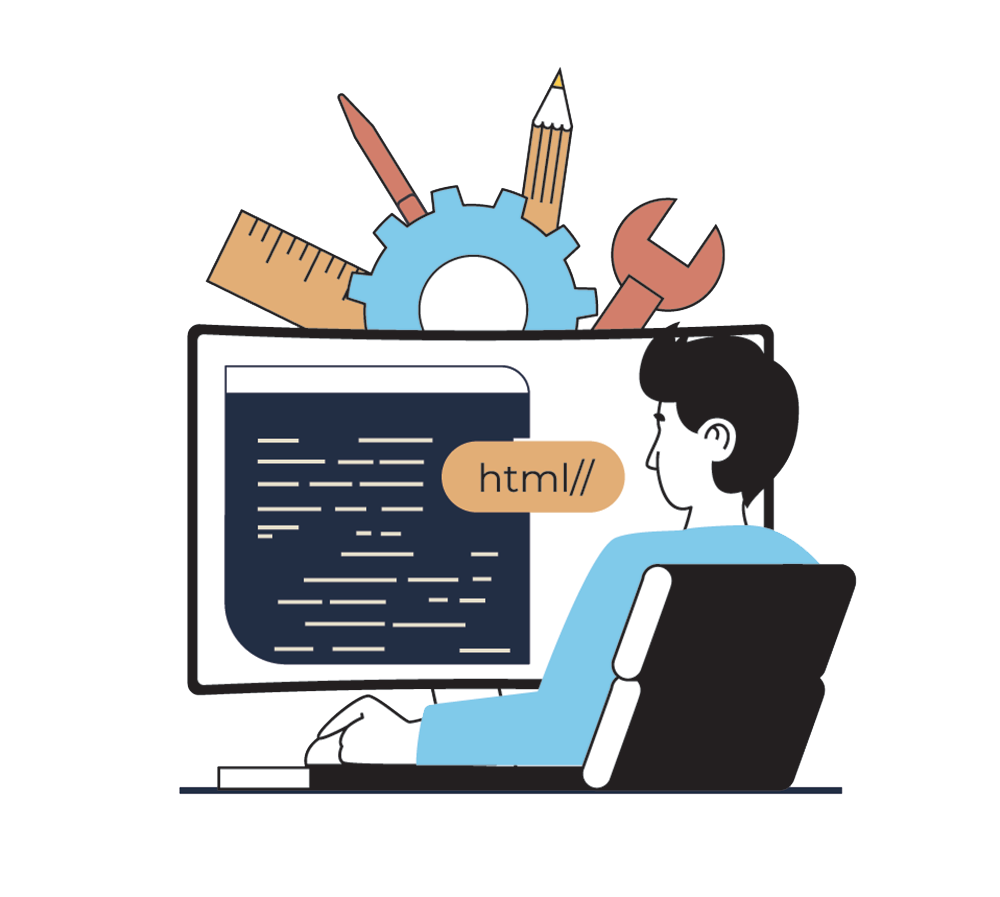Strengthening Call Center Security

In today’s digital environment, data breaches and privacy violations pose real threats, making stringent security in call centers an absolute necessity. This blog post highlights critical strategies to strengthening call center security that call centers must implement to safeguard customer information effectively.
Essential Security Tactics
Encrypting data both at rest and in transit forms the backbone of secure data handling. Utilizing protocols like Secure Socket Layer (SSL) encryption ensures that even if unauthorized parties access the data, they cannot decipher it. Moreover, implementing rigorous access controls restricts data access to only authorized personnel, thereby reducing the risk of internal breaches.
Proactive Security Measures
Conducting routine security audits and vulnerability assessments helps detect potential threats early, allowing for timely interventions. Furthermore, keeping up-to-date with compliance requirements from data protection regulations such as GDPR, HIPAA, and TCPA is essential—not just to avoid legal repercussions but also to reinforce customer trust.
Minimizing Data Collection
Adopting a minimalist approach to data collection significantly mitigates risks. Call centers should only store the personal data necessary for business operations. This strategy not only simplifies data management but also reduces the potential impact of a data breach.
Protecting Call Recordings
For centers that record calls, it’s crucial to ensure the encryption of sensitive data within these recordings. Using transcription services that securely store transcribed data while deleting the original audio files effectively safeguards spoken customer information.
Continuous Staff Training
Continuous training of employees on the latest security protocols and threat awareness is crucial. Staff at all levels need to understand their role in protecting customer data and be equipped to handle security challenges as they arise.
Developing an Incident Response Strategy
Having a robust incident response plan in place ensures that the call center is prepared to act swiftly and effectively in the event of a security breach. A quick response can drastically reduce both the financial and reputational damage caused by such incidents.
Ensuring Safe Data Disposal
Lastly, it is crucial to practice secure data disposal. Properly wiping electronic data and shredding physical documents ensure that once data is no longer needed, it does not fall into the wrong hands.
Conclusion
By implementing these essential security measures and privacy practices, call centers can defend against threats, ensure compliance with legal standards, and build enduring trust with their customers. In the realm of customer service, securing data is not just a technical necessity but a core aspect of business integrity.
Contact us today to discover how our innovative solutions can help you improve data protection, strengthening call center security, and comply with industry regulations.


